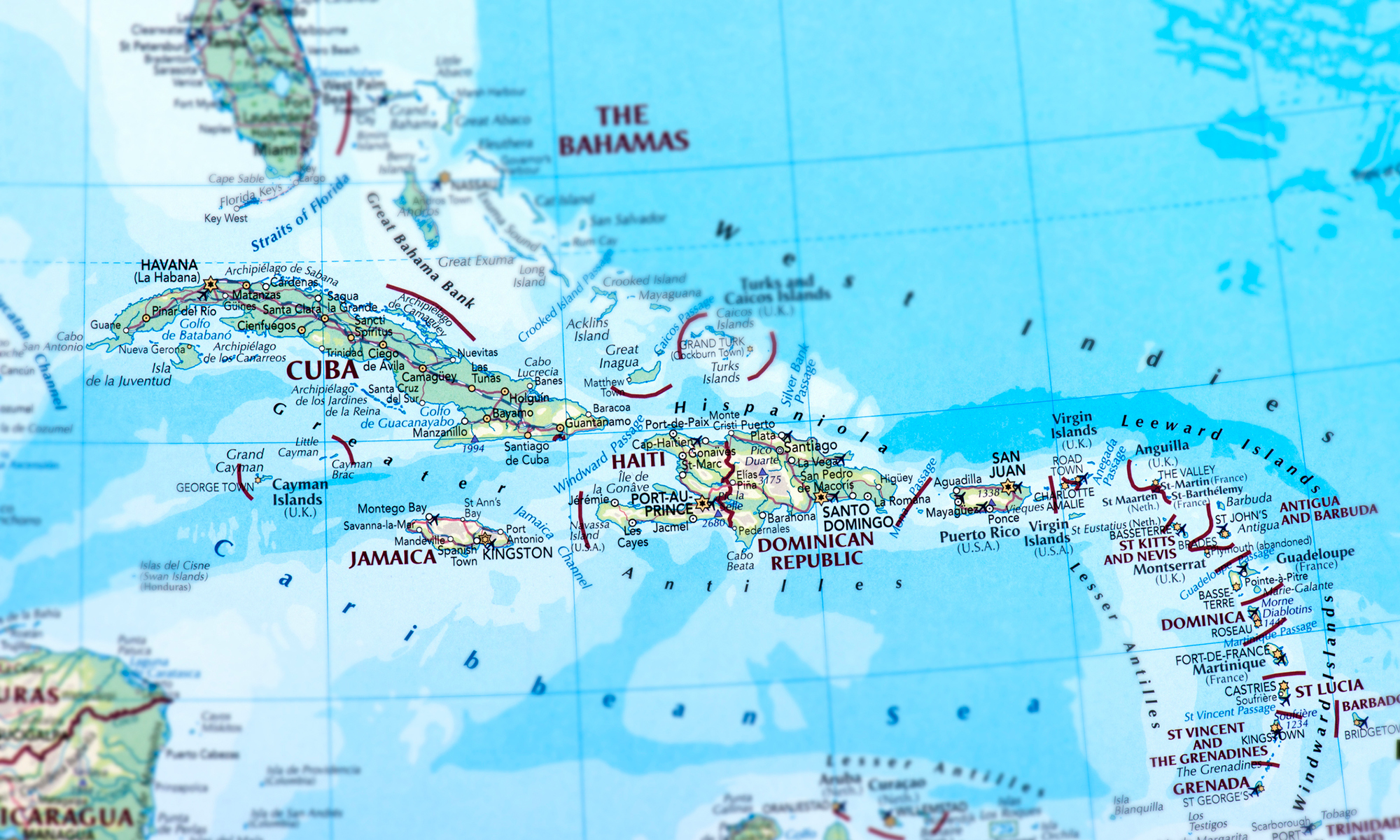The Bureau of Industry and Security (BIS) is requesting public comments on the effectiveness of its licensing procedures for the export of agricultural commodities to Cuba. The comments must be in writing and received by October 17, 2018. BIS requests that the comments be as specific as possible.
The comments will be considered by BIS in developing its biennial report to the Congress on the operation of the licensing system for the preceding two-year period, as required by the Trade Sanctions Reform and Export Enhancement Act of 2000. The report must include the number and types of licenses applied for, the number and types of licenses approved, the average amount of time elapsed from the date of filing of a license application until the date of its approval, the extent to which the licensing procedures were effectively implemented, and a description of comments received from interested parties. The biennial report is for the two-year period from October 1, 2016 through September 30, 2018.
BIS is an agency of the United States Department of Commerce that implements U.S. Government sanctions against Cuba and certain other nations. BIS administers and enforces the Export Administration Regulations (EAR), which regulate the export of commercial commodities, including the exports of agricultural commodities to Cuba.
All the comments will be made available for public inspection and copying. Material that the author does not want to be made public should not be submitted to BIS.
Additional information on BIS procedures and previous biennial reports are available at http://www.bis.doc.gov/index.php/policy-guidance/country-guidance/sanctioned-destinations/13-policy-guidance/country-guidance/426-reports-to-congress.
Jose A. Aquino (@JoseAquinoEsq on Twitter) is a special counsel in the New York office of Duane Morris LLP, and a member of the Duane Morris Cuba Business Group. This blog is prepared and published for informational purposes only and should not be construed as legal advice. The views expressed in this blog are those of the author and do not necessarily reflect the views of the author’s law firm or its individual attorneys
